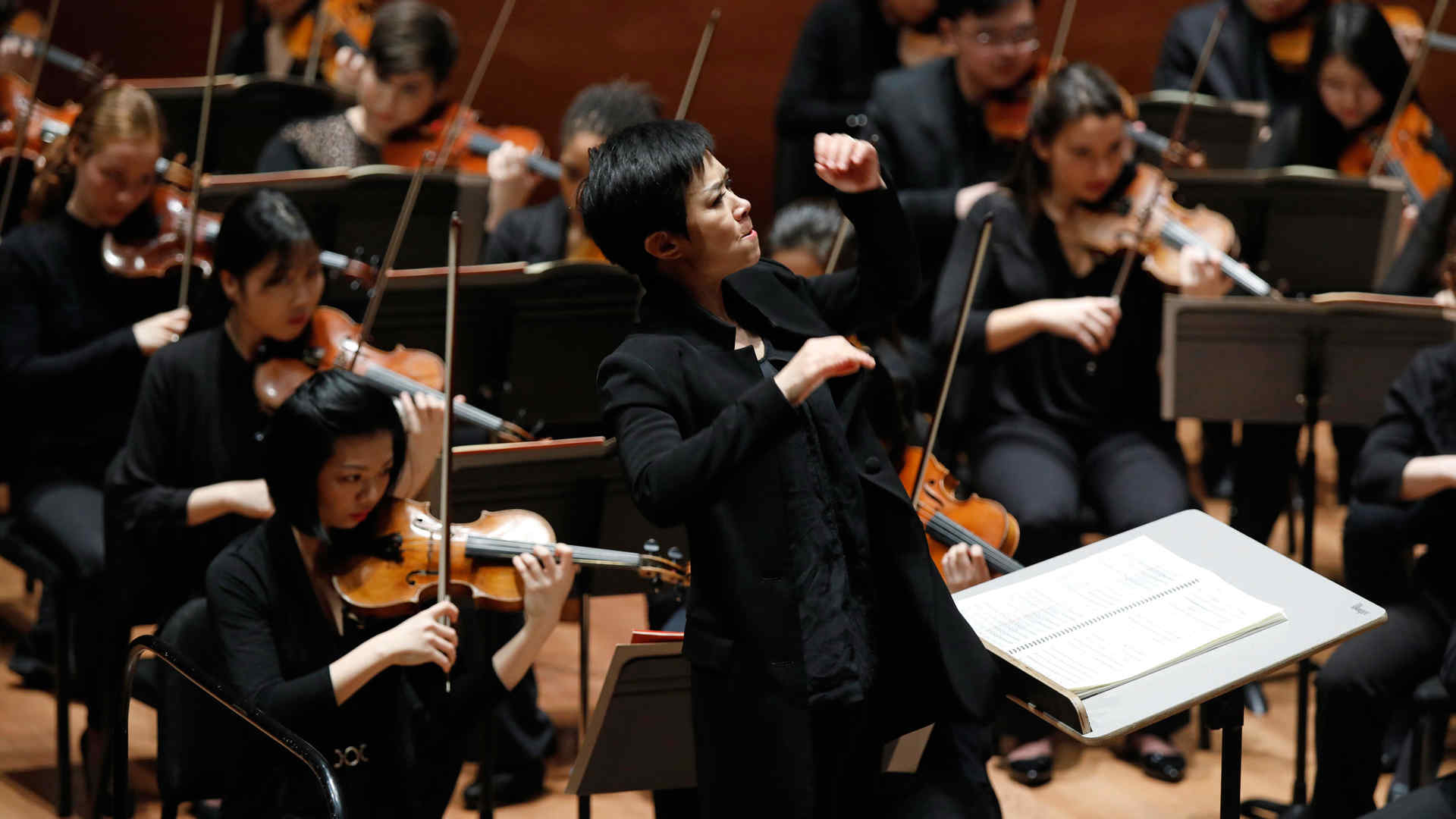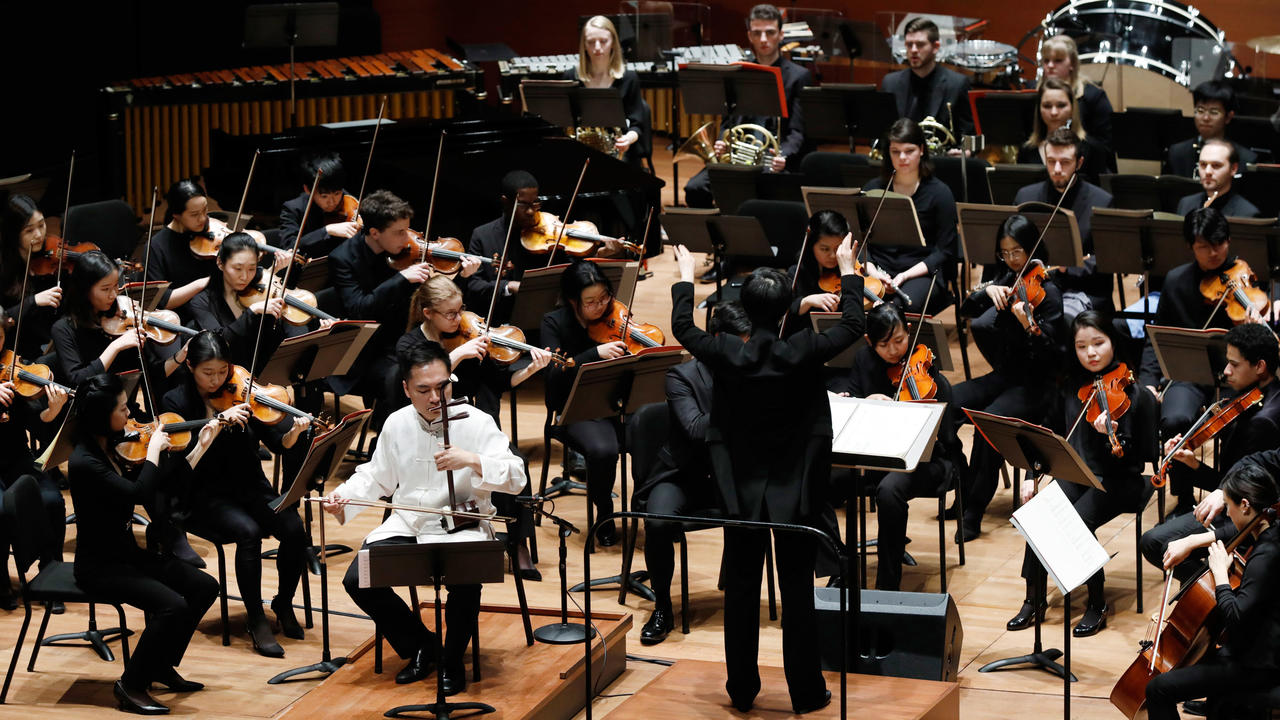
The creation of the Focus festival in President Polisi’s first year was meant to address our desire to give students experience playing unfamiliar music while simultaneously providing food for thought to performers and audiences.
This year’s installment, China Today, provoked many to wonder “What is Chinese music?” or in a subtly different phrasing, “What makes this music Chinese?” The second version was especially important to those who only heard clearly Chinese elements in a few pieces each night.
Both questions betray a preconception that if it is Chinese it had better sound Chinese. Interestingly, American composers faced a similar prejudice among Europeans early in the 20th century. The American composer Henry Cowell (1897-1965), increasingly annoyed that American composers with extremely distinctive compositional profiles such as Ives, Ruth Crawford Seeger, Carl Ruggles, and Edgard Varèse, were not being given fair hearings, argued that if a piece is composed by an American, it is American; the only meaningful criterion was whether it was good music. Two of the participants on the Focus preconcert roundtable discussion made exactly the same case. [The panelists were Chen Yao (Beijing), Qin Wenchen (Beijing), Wang A-Mao (Guangzhou), Zeng Yan (Shanghai), and DMA candidate Julia Glenn.]
The internationalization of Chinese music is no surprise. Composers have access to music from everywhere these days, and in many cases had advanced training abroad, particularly in Germany, France, and the U.S. There is no denying, however, that some pieces sound more Chinese than others. Then the question becomes, “Do we recognize what is Chinese about it?” Recognizing national qualities requires familiarity with national cultures. With Chinese music, one must go beyond listening for pentatonic scales. For example, one sometimes recognizes the Chinese roots of extremely elaborate percussion parts if they do not utilize Chinese gongs and drums. Some pieces draw upon images of the Chinese landscape. This quality was especially powerful in the string quartet by Jia Daqun, which seemed completely abstract (as a Bach fugue is about nothing beyond itself) despite its underlying association with Chinese visual images. In a few cases Chinese cultural roots lie deep within the roots of a piece, such as a violin solo based on the shapes of Chinese cursive script. More than a few pieces employed extended performance techniques to simulate the atmosphere of traditional Chinese instruments, an association that could escape the notice of anyone who has not heard those instruments.

In short, the overarching question should be, is it fine music? I came away from this festival convinced of the enormous breadth of Chinese composition at the highest level.
Longtime faculty member Joel Sachs, the founder and director of the annual Focus! festival, will perform Rachmaninoff’s third piano concerto with the New York Repertory Orchestra under David Leibowitz on May 19 at the Church of St. Mary the Virgin in midtown